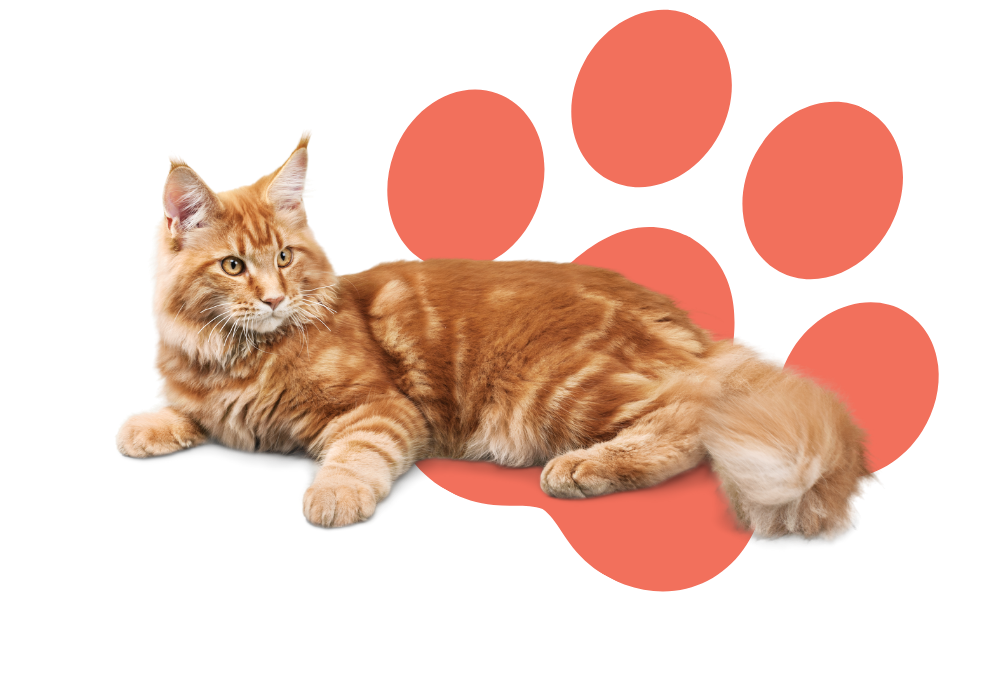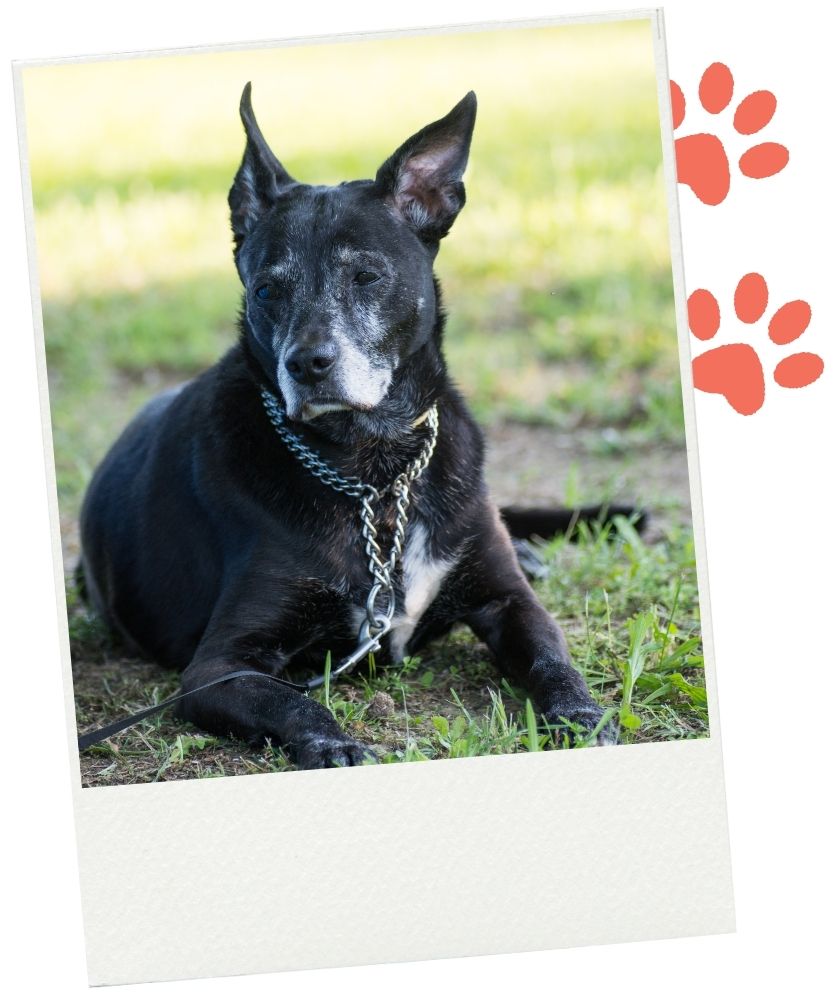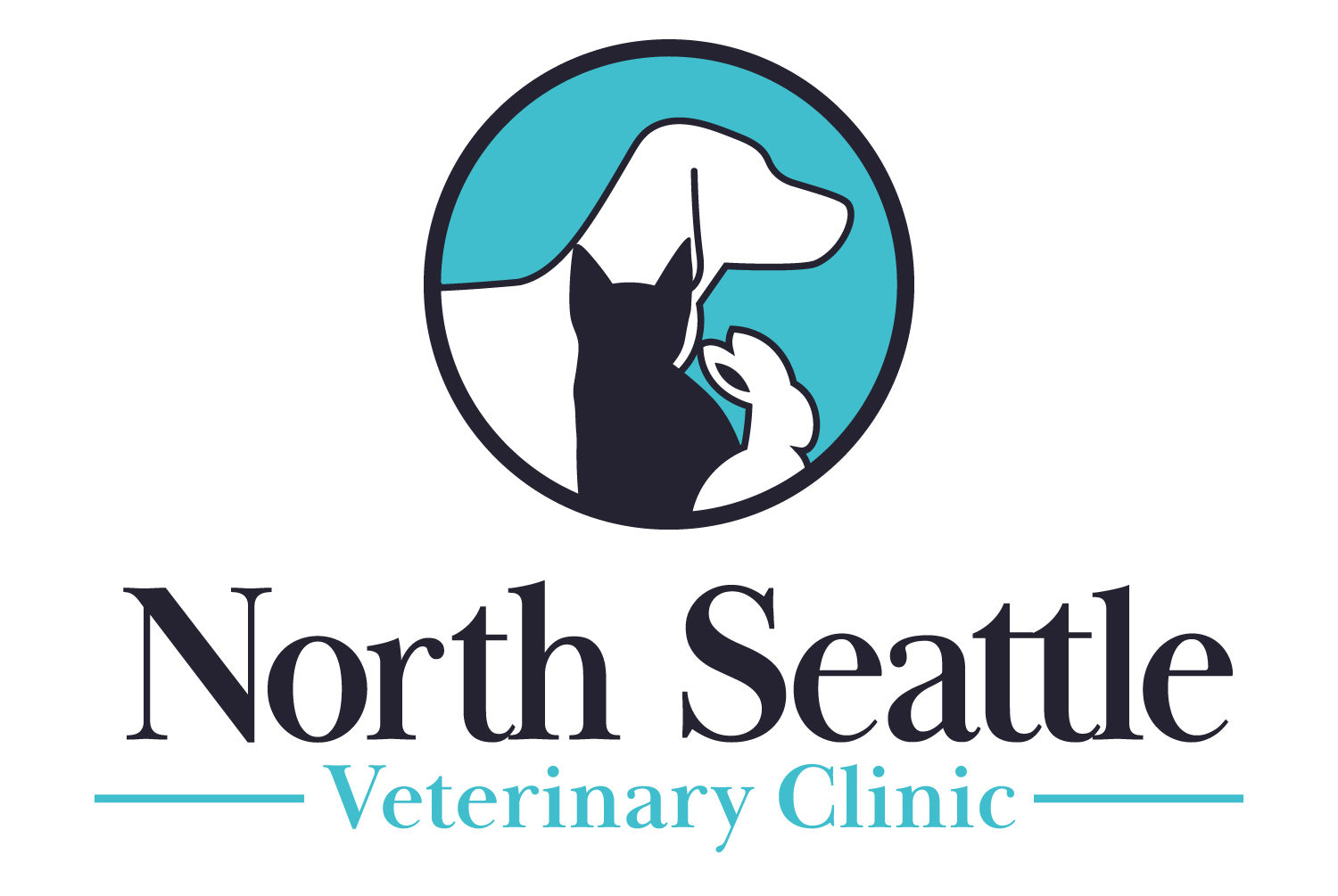Pet Senior Care
The best way to help protect your pet as he or she ages is to understand the aging process in pets. We understand that process and can help you help your pet.

Pet Senior Care at North Seattle Veterinary Clinic
As our pets age, more specialized care might be applicable. Some senior pets might require more delicate consultation depending on their lifestyle and health history. Whether they require medication dosage or daily routine adjustments, we recommend bringing your senior friend in for a wellness exam to determine if such changes are necessary.
Semi-annual examinations are essential for senior pets because they allow us to detect changes in their health that might indicate a serious illness. Since dogs and cats age much faster than we do, their health also changes more quickly, and as they get older, they become more vulnerable to disease. Therefore, we recommend a wellness check every 6 months (especially for larger dog breeds, who age even faster) so we can monitor your pet more closely.
At North Seattle Veterinary Clinic, we want to ensure you maintain their health along with your relationship through their golden years.

Our goal is to provide the best possible care and education so that your furry loved ones may enjoy a long happy life with you.
We consider you and your pets family and look forward to meeting you.
